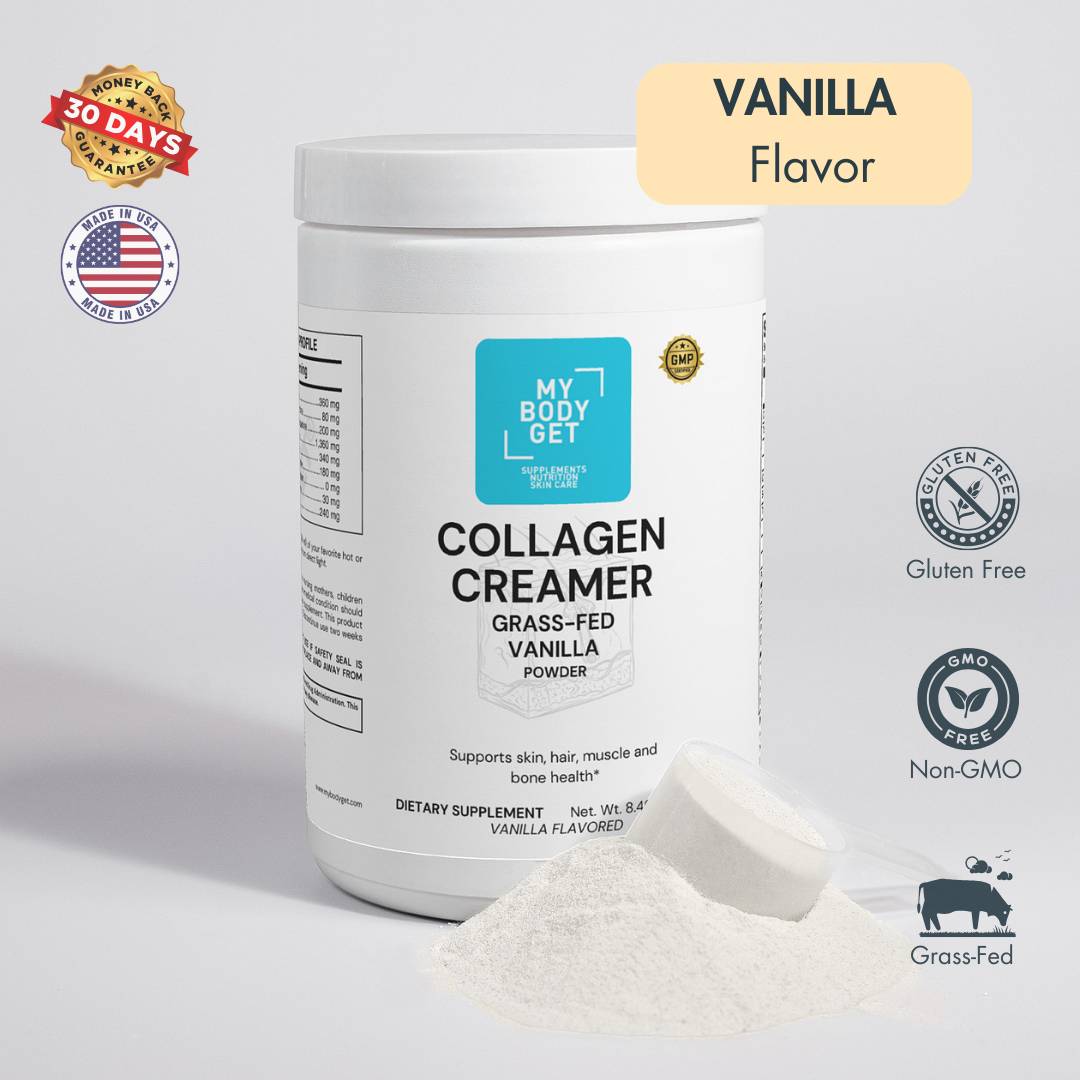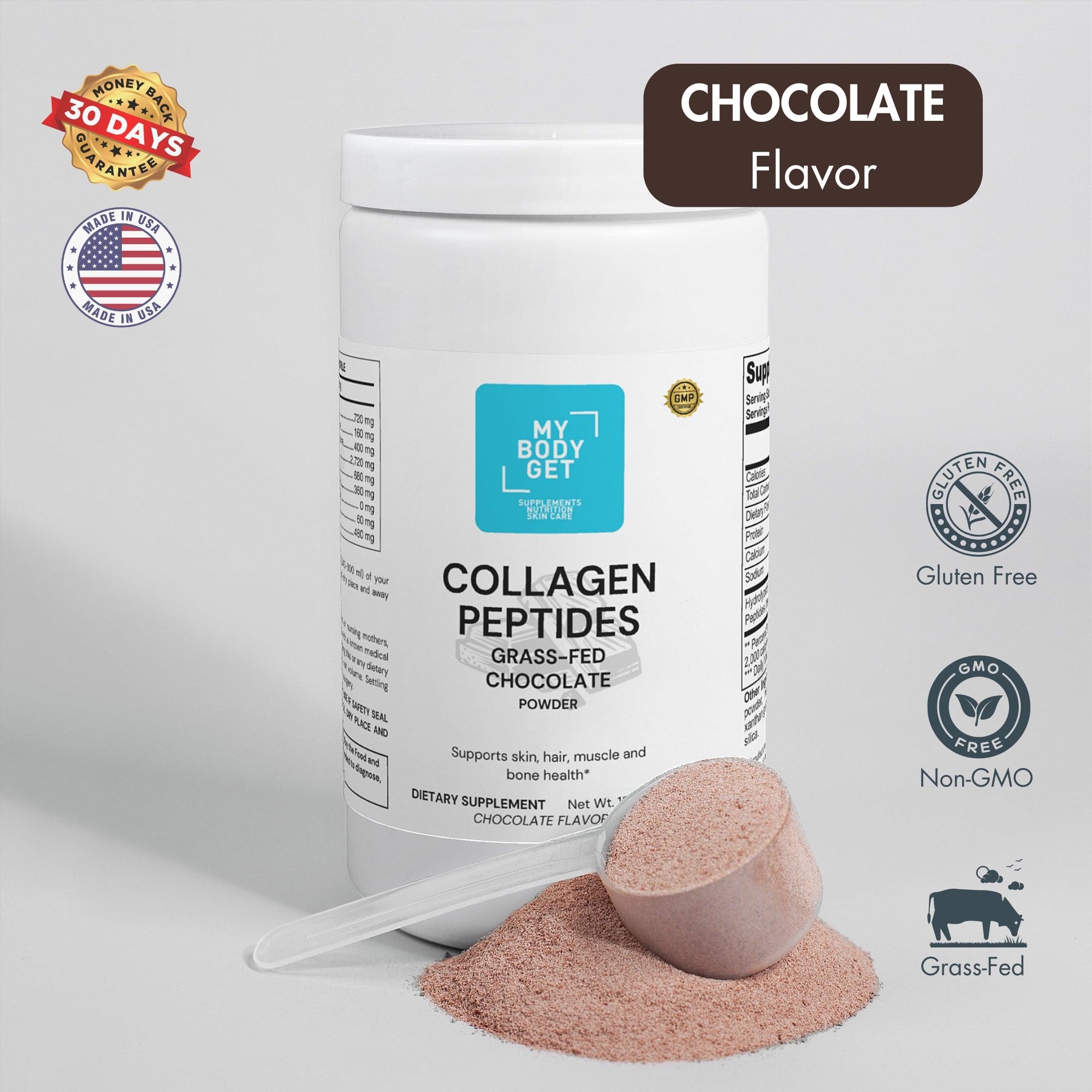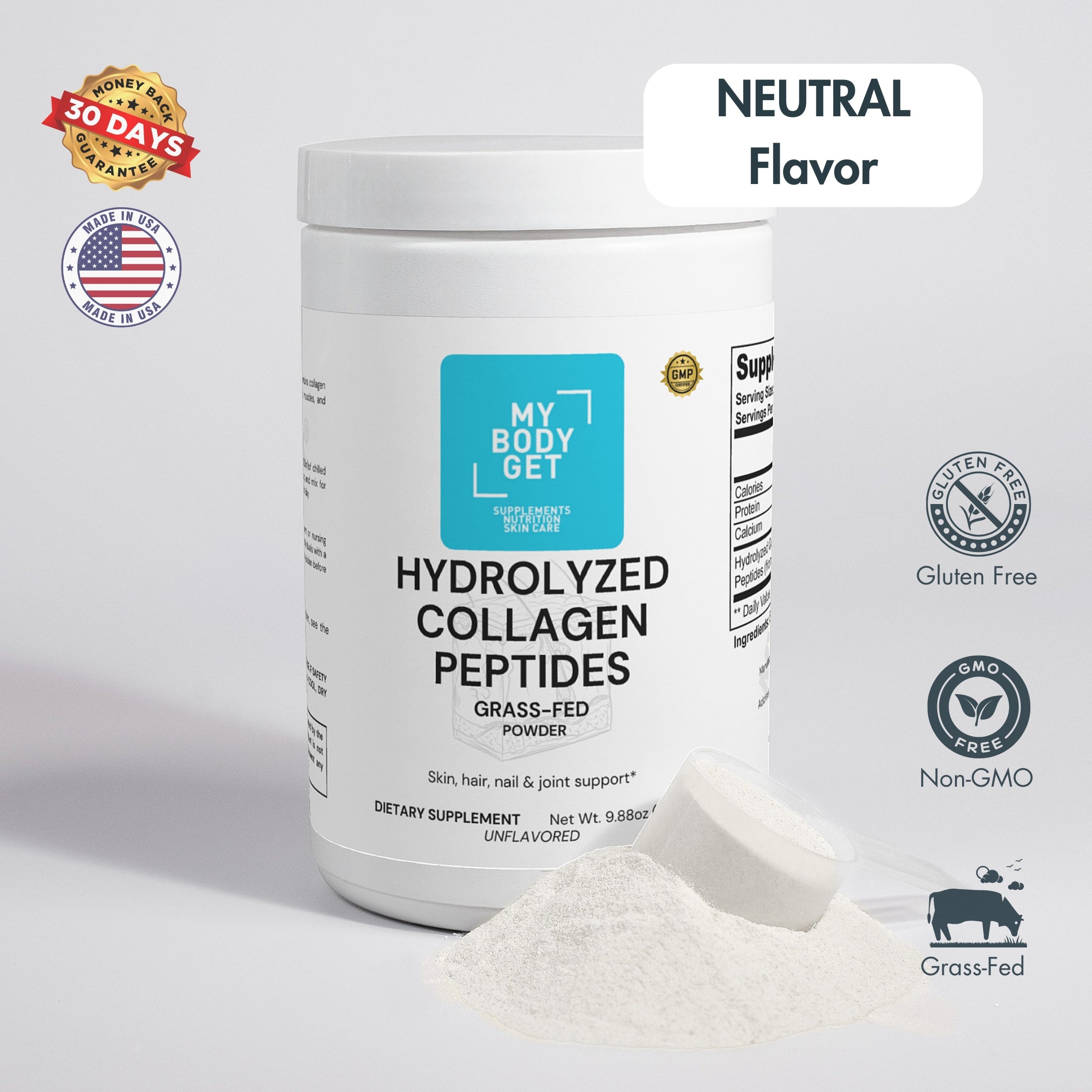Protein is one of the most important nutrients for muscle recovery and overall physical performance. Whether you're a seasoned athlete, a fitness enthusiast, or just beginning your workout journey, understanding the role of protein in muscle repair and growth is essential to optimizing recovery and achieving your fitness goals.
In this guide, we’ll explore how protein helps muscles recover, the best sources of protein, and how to time your intake for maximum results.
Why Is Protein Important for Muscle Recovery?
Protein is made up of amino acids, the building blocks of muscle tissue. When you exercise, especially during resistance training or high-intensity workouts, you create tiny tears in your muscle fibers. The body needs protein to repair and rebuild these fibers, which makes your muscles stronger and more resilient over time.
Key Roles of Protein in Recovery:
- Muscle Repair: After a workout, protein provides the amino acids needed to repair damaged muscle fibers, reducing soreness and accelerating recovery.
- Muscle Growth: When muscle fibers are rebuilt, they grow back thicker and stronger. This process, known as muscle hypertrophy, requires adequate protein intake.
- Preventing Muscle Loss: Protein helps prevent muscle breakdown, especially during periods of intense training or calorie restriction, which can happen when you're trying to lose weight.
How Much Protein Do You Need?
The amount of protein you need for muscle recovery depends on several factors, including your body weight, the intensity of your workouts, and your fitness goals. Generally, the recommended protein intake for active individuals is between 1.2 to 2.2 grams of protein per kilogram of body weight per day.
- Casual Exercisers: If you work out a few times a week, aim for 1.2 to 1.6 grams per kilogram of body weight.
- Athletes and Bodybuilders: For those who engage in intense weightlifting or endurance sports, higher amounts (up to 2.2 grams per kilogram) may be beneficial to maximize recovery and muscle growth.
For example, if you weigh 70 kg (about 154 lbs) and train regularly, your daily protein needs might range from 84 to 154 grams of protein.
Best Sources of Protein for Muscle Recovery
While there are many sources of protein, some are more effective than others when it comes to muscle recovery due to their amino acid profile and digestibility. Here are some of the best options:
1. Whey Protein
Whey protein is one of the most popular and effective supplements for muscle recovery. It is quickly absorbed by the body, making it ideal for post-workout consumption. Whey is rich in branched-chain amino acids (BCAAs), especially leucine, which plays a critical role in muscle protein synthesis.
2. Casein Protein
Unlike whey, casein protein digests slowly, providing a steady release of amino acids over time. This makes it a good choice for recovery, especially when consumed before bedtime to support muscle repair throughout the night.
3. Lean Meats
Chicken, turkey, and lean cuts of beef provide high-quality, complete protein sources. They are also rich in vitamins like B12, which supports energy metabolism and muscle function.
4. Plant-Based Proteins
For those following a plant-based diet, protein sources like lentils, chickpeas, quinoa, and tofu offer excellent muscle recovery benefits. Many plant-based protein powders combine sources like pea, rice, and hemp to create a complete amino acid profile.
5. Eggs
Eggs are a versatile and highly bioavailable source of protein. They contain all nine essential amino acids, making them a perfect post-workout meal or snack.
Timing Your Protein Intake for Optimal Recovery
While getting enough protein daily is important, the timing of your intake can make a difference in muscle recovery. Here’s how to optimize protein consumption around your workouts:
1. Post-Workout Window
Consuming protein immediately after a workout helps kickstart the recovery process. Aim to consume 20-40 grams of protein within 30 minutes to an hour after exercising. This is when your muscles are most receptive to absorbing nutrients and repairing tissue.
2. Protein Before Bed
Taking a slow-digesting protein like casein before bed can help with overnight muscle repair. Since your body continues to recover while you sleep, having a source of protein available can support this process.
3. Spreading Protein Intake Throughout the Day
To maintain muscle protein synthesis, try to distribute your protein intake evenly throughout the day. This means consuming 20-30 grams of protein at each meal, rather than focusing all your intake at one time.
Combining Protein with Other Nutrients
For optimal muscle recovery, it's not just about protein — you also need to consider other key nutrients:
-
Carbohydrates: After intense workouts, your glycogen stores are depleted. Combining protein with carbohydrates (like in a post-workout shake or meal) can help replenish energy stores and further aid muscle recovery.
-
Healthy Fats: Omega-3 fatty acids, found in fish like salmon and plant sources like flaxseeds, can help reduce muscle inflammation and soreness after exercise.
-
Electrolytes: Staying hydrated and replenishing electrolytes like sodium, potassium, and magnesium is essential for muscle function and recovery, especially after a sweaty workout.
How Protein Helps Different Types of Workouts
1. Strength Training
Protein is essential for anyone involved in resistance training or bodybuilding. The microtears in muscle tissue from lifting weights need protein for repair and growth. Taking protein supplements, particularly whey protein, can accelerate muscle recovery and support long-term muscle gains.
2. Endurance Sports
Runners, cyclists, and swimmers can benefit from protein for muscle recovery, but their needs may differ slightly from those in strength training. Endurance athletes may benefit from protein combined with carbohydrates to refuel and repair muscles after long training sessions.
3. High-Intensity Interval Training (HIIT)
HIIT workouts can place significant strain on muscles, requiring a combination of protein and recovery practices to minimize soreness and reduce recovery time. Post-workout protein helps repair the fast-twitch muscle fibers that are heavily engaged during HIIT.
Conclusion
Protein is essential for muscle recovery, repair, and growth. By consuming the right amount of protein at the right times, you can improve your recovery process, build stronger muscles, and reduce the risk of injury. Whether through protein-rich foods or supplements, making protein a key part of your post-workout nutrition plan is critical for achieving long-term fitness success.
"Protein is the foundation of life. It's what helps you recover, rebuild, and come back stronger."







Leave a comment
This site is protected by hCaptcha and the hCaptcha Privacy Policy and Terms of Service apply.